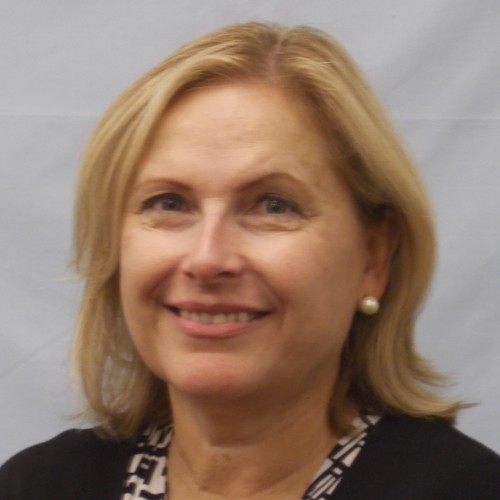Tool of change and challenges
This time last summer, skilled nursing providers across the country were in the throes of planning for the October implementation of MDS 3.0-creating new workflow processes, analyzing staffing requirements, reviewing technological tools and monitoring training-among myriad related duties.
To help providers prepare for 3.0, Long-Term Living last August presented an MDS Special Report in print and online in a downloadable format, which proved highly popular among the long-term care community. In this issue we again focus on 3.0 but with the wisdom of almost a year's experience under our expert contributors' belts. Leah Klusch returns with helpful tips to navigating the complexities of 3.0 as it relates to urinary incontinence while Linda Buettner and Timothy Legg focus on the importance of recreational therapy in affecting residents' quality of care and quality of life.
Also in this report, highly accomplished MDS nurses weigh in on operational challenges while administrators sound off on 3.0 with a macro view of the instrument. Their remarks are candid and enlightening.
In fact, what struck me most while editing this section was the range of experiences reported. One provider told me he was frankly tired of hearing and talking about MDS while another said she was hungry for more information and shared tales from the trenches. Some bemoaned the sheer volume of data collection required while others found that the opportunity to document the resident's voice outweighed most negatives.
I encourage you to visit www.iadvanceseniorcare.com and download a printable version of this issue's MDS Special Report. I think you and your team will find it valuable as you head into the home stretch of Year 1 with MDS 3.0.
Long-Term Living 2011 August;60(8):6

Patricia Sheehan was Editor in Chief of I Advance Senior Care / Long Term Living from 2010-2013. She is now manager, communications at Nestlé USA.
Related Articles
Topics: Articles , MDS/RAI











